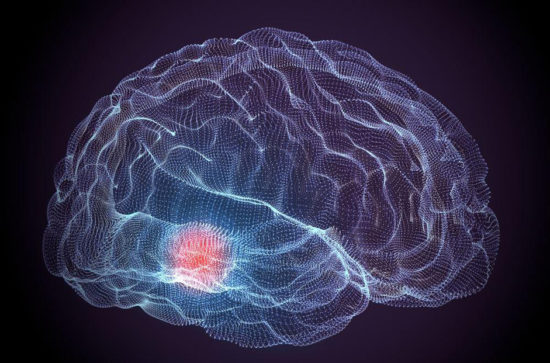The Pros and Cons of Restore Gold™
Have you been considering Restore Gold™? How do you know if Restore Gold™ is right for you? To answer this, it is often helpful for many to weigh the pros and cons… Continue reading

Have you been considering Restore Gold™? How do you know if Restore Gold™ is right for you? To answer this, it is often helpful for many to weigh the pros and cons… Continue reading

For those unfamiliar with Parkinson’s Disease, it might come as a surprise to learn that it is connected with the gut. Many believe Parkinson’s is connected to the brain and the brain alone, and this is where much of the previous research into Parkinson’s has been focused. But new research is looking at the gut … Continue reading

Being diagnosed with an illness, especially a progressive disease like Parkinson’s, is a scary and disheartening experience. But, even through difficult times, it is important to try and stay optimistic. It can often be easier said than done to keep a positive mind-set but there are things you can do that will help you… Continue reading

At We Have Parkinson’s, part of our mission is to share inspiring stories from people with PD. Not only do we want to raise awareness of Parkinson’s but also remind sufferers that they are not alone and they are not necessarily fated to decline. Today, we’re sharing Amy’s story. Amy was diagnosed with Parkinson’s disease … Continue reading

Being diagnosed with Parkinson’s disease is a terrifying and life-changing concept. The disease itself comes with a varying amount of symptoms and problems, which can make even the simplest things seem impossible to do. The challenges facing people with Parkinson’s disease can be daunting, especially with the other problems that arise as a result of … Continue reading

What is Parkinson’s disease? Parkinson’s disease (PD) is a chronic disorder which affects the body’s movement. The condition is caused when neurons in the brain that are responsible for producing dopamine die out or become defective. Dopamine is the chemical used to send messages to the sections of the brain that control movement. The disease … Continue reading